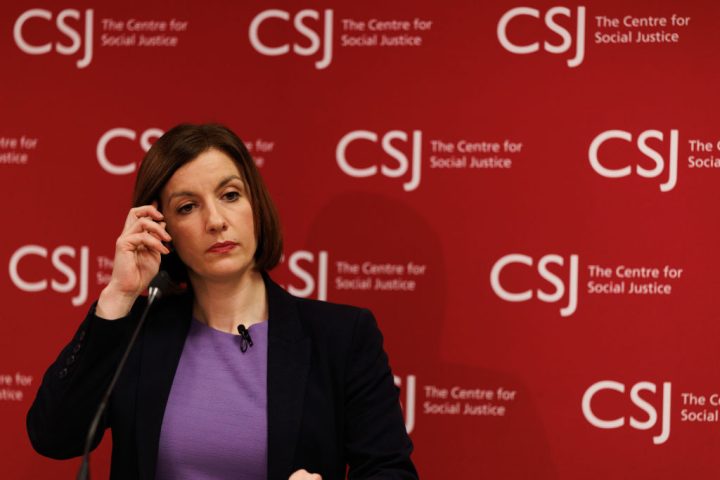Labour’s latest proposal for teachers to supervise pupils’ toothbrushing reveals a worrying view of parenting as playing a light-touch, rather than hands-on, role in a child’s upbringing. Only a week ago, the thoroughly sensible and appealing shadow education secretary Bridget Phillipson MP delivered a speech that emphasised the need ‘for a two-way street’ in education: teachers and parents should collaborate to improve children’s outcomes and school attendance, which has reached crisis point.
Already a subscriber? Log in
Subscribe for just $2 a week
Try a month of The Spectator Australia absolutely free and without commitment. Not only that but – if you choose to continue – you’ll pay just $2 a week for your first year.
- Unlimited access to spectator.com.au and app
- The weekly edition on the Spectator Australia app
- Spectator podcasts and newsletters
- Full access to spectator.co.uk
Or




















Comments
Don't miss out
Join the conversation with other Spectator Australia readers. Subscribe to leave a comment.
SUBSCRIBEAlready a subscriber? Log in